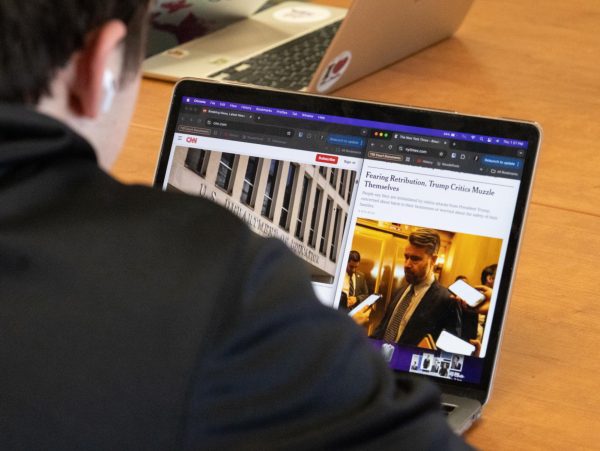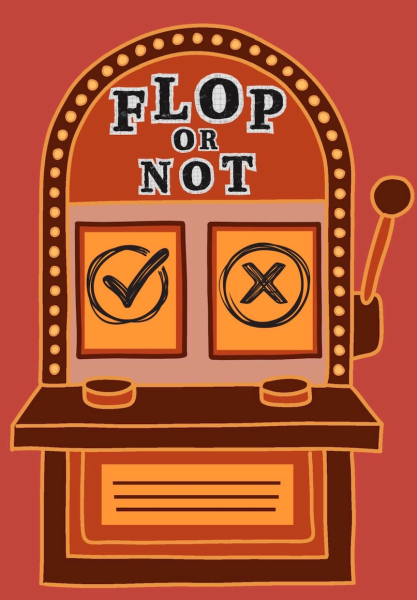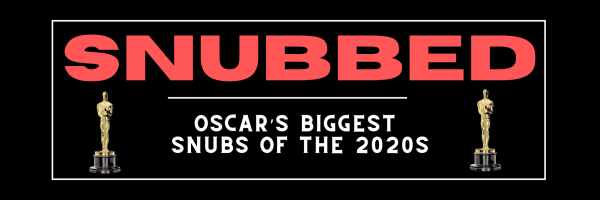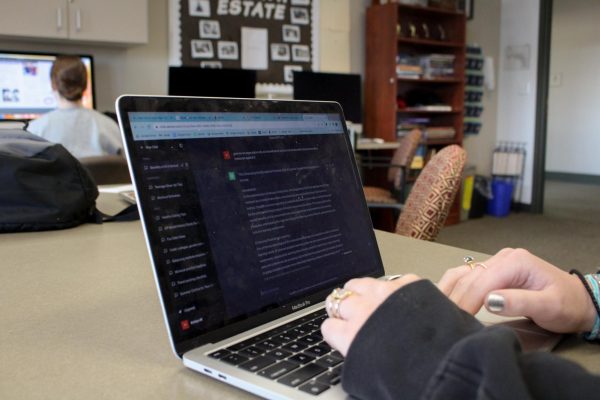Editorial: How we can protect the honor code from favoritism, ambiguity
The St. George’s Honor Code is an essential part to our identity as a school. It’s everywhere: hung in every classroom, written on every assessment and recited in every chapel. All students are well aware of the importance the honor code holds, but nobody knows exactly what the consequences of honor code violations are.
When the honor code is broken, they go to the student-led honor council, who then determines an appropriate punishment for said violation. But what next? The honor council is sworn to secrecy, so the average student only hears rumors of what goes on behind the closed doors. People who break the honor code receive their punishment, and then they and their punishments can promptly disappear into the shadows.
Although this confidentiality between those who break the honor code and the honor council themselves is understandable, other students are left in the dark about what will happen if they break rules.
Students need more visibility with these disciplinary issues. When the Class of 2017 visited Victory Ranch last year, many groups brought up a need for a more clear code of conduct that outlined punishments for specific offenses. While every situation is different, having set punishments for particular rules, such as dress code infractions, will help ensure that students are treated fairly, and no one benefits from favoritism.
Sometimes, an infraction is embarrassingly public. Everyone is aware of exactly what happened, but because of the confidentiality of the honor code, it often appears that there was no consequence for their actions. It is understandable if an offense is done privately and thus dealt with secretly, but public infractions call for public accountability. Public apologies, or other forms of public accountability, would give students insight into the infraction and would reconcile the relationship between the student and the administration. While this could be on the verge of public shaming, the honor council can make this optional for those who break the honor code and possibly lower the punishment or offer another sort of incentive if they would like to do so. Additionally, how they deliver the public apology and how specific they want to be can be on the student’s own terms.
While students need to know more about the consequences, we also need to create greater accountability for violations that teachers may not notice. In a sense, there needs to be a system where students can privately express possible honor code violations they witness without feeling like they are “snitching.” One possibility is creating an anonymous survey where students can report possible infractions they see or hear and the honor council can pursue serious or recurring reports from there. Although students may abuse this system with spam entries, the honor council can investigate reports that appear multiple times or things they believe to be serious.
In order to ensure students know what the honor code is, the punishments when it is broken, and that it is enforced fairly, there need to be new measures taken within the honor council itself and the administration.
DISCLAIMER:
Staff editorials are written by the editors-in-chief and agreed upon by the editorial board. The following count represents our editorial board’s stance on the editorial. As always, letters to the editor on the editorial are encouraged.
Agree: 9/11
Disagree: 1/11
Abstain: 1/11






